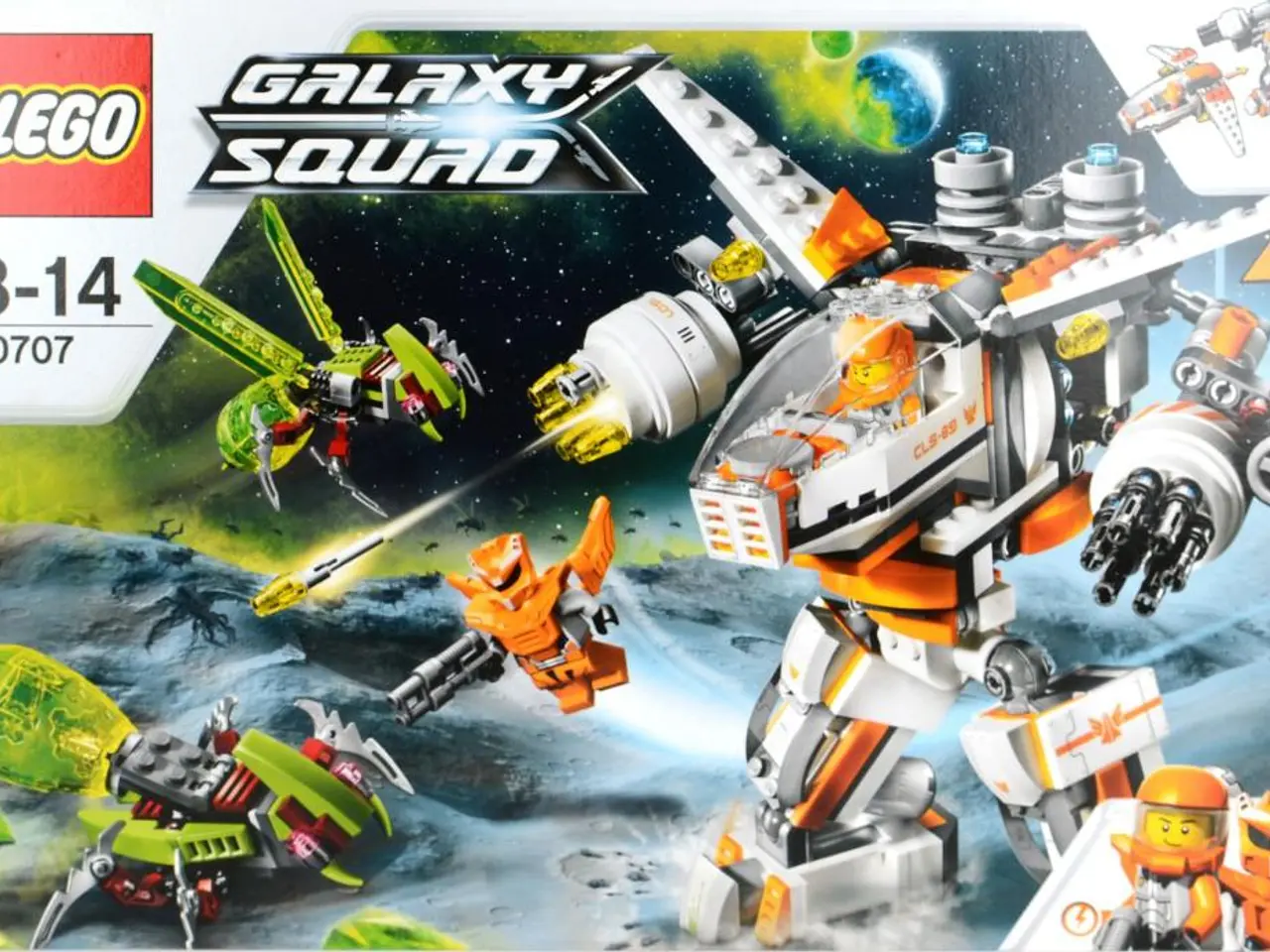Transformed Landscape of Entertainment: The Impact of AI-Driven Video Production on the Film Industry
AI-generated films are making waves in the world of cinema, demonstrating the potential of artificial intelligence to evoke a wide range of emotions and aesthetics. Recent premieres, such as "The Frost" and "Expanded Childhood", showcase the diverse capabilities of this technology, while films like "The Great Voyage" and "Total Pixel Space" push the boundaries of what AI can achieve in the realm of filmmaking.
These films are not just the product of human creativity, but a complex interplay of image-making models, video generation models, and animation tools. For instance, "The Great Voyage" by Google DeepMind, a three-minute AI-generated film based on vintage 1800s photographs, uses Google Imagen for image generation, Veo 2 Image to Video for animation, Gemini for prompts and motion ideas, and AI VFX tools for video rendering. The result is a captivating and unsettling film with a distinct "artificiality" due to its AI origins.
AI is also being used to democratize the filmmaking process. Tools like Runway's Gen-2 produce short video clips from text prompts, making it possible for individuals with stories to tell to create high-quality video content without significant financial resources or technical expertise. Netflix has also embraced AI technology, using it to generate VFX footage for its film "El Eternauta", a significant industry development that promises to make the production process faster and more efficient.
However, the use of AI in filmmaking is not without its challenges. Copyright issues have arisen due to the use of copyrighted material in AI models' training datasets. Misuse of AI technology to create misleading or harmful content is another serious concern. As the world of filmmaking undergoes a transformation due to the use of artificial intelligence, addressing these issues will be crucial to ensure a responsible and ethical use of this technology.
The future of filmmaking may involve a new wave of hybrid films, seamlessly blending human creativity with AI ingenuity. AI-powered animation tools like D-ID breathe life into still images, creating realistic (or intentionally unrealistic) movements. AI can also create musical scores and sound design, as demonstrated in "The Great Voyage", which features AI-generated music fitting the silent film style.
The advertising industry is also leveraging AI to create customized video ads for businesses of all sizes. AI tools are expected to become powerful collaborators in the filmmaking process, augmenting human creativity and unlocking new possibilities. However, concerns about AI replacing human jobs in the film and advertising industries are being addressed, with AI seen as a tool to enhance, not replace, human creativity.
As we look to the future, it's clear that AI is poised to reshape the cinematic landscape as we know it. Further exploration of AI in filmmaking can be found in articles about the ethics of AI in art creation, resources on using AI for video editing, and websites showcasing examples of AI-generated art. The possibilities are endless, and the future of cinema is exciting.
AI-generated technology promises to democratize the filmmaking industry, as tools like Runway's Gen-2 enable individuals to create high-quality video content without extensive financial resources or technical expertise.
The future of filmmaking may involve hybrid films that seamlessly blend human creativity with AI ingenuity, as demonstrated in projects like "The Great Voyage", which features AI-generated music and animation.




